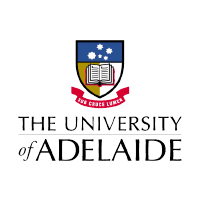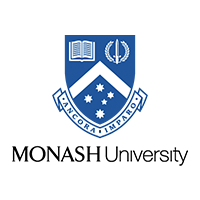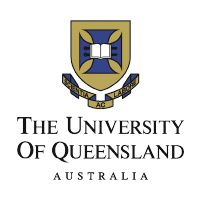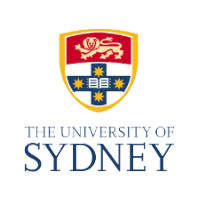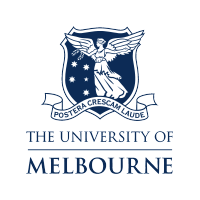You will gain a sound understanding of statistical theory and methods and how to apply these to problem solving in professional practice. Flexibility of approach is central in this program.
This specialised program will give you the opportunity to develop an understanding of the theory and application of the major areas of biostatistics relevant to professional practice.
Course Objectives – On completion of this course, students will have:
Masters
- Developed a sound understanding of epidemiological study design
- Acquired skills in data collection and data management, including database design, quality control procedures and the ethical handling of data
- Developed a sound understanding of the theory and application of the major areas of biostatistics relevant to professional practice
- Acquired skills in complex statistical analyses to handle a variety of practical problems using modern statistical techniques and software
- Developed skills to identify the relevant statistical issues in medical/health settings and to propose and implement an appropriate statistical design and/or analysis methodology
- Developed problem-solving abilities in biostatistics, characterised by flexibility of approach
- Developed skills and had experience in communicating biostatistical issues with clinical/health personnel
- Developed skills to present statistical results in a format suitable for publication in health-related journals or professional reports
- Acquired the technical skills to be able to read methodological papers in the biostatistical literature and apply the methods described therein to practical problems
- Developed the practical and technical skills to commence professional careers as independent biostatisticians and/or to progress to further postgraduate research studies
- Demonstrated an understanding of professional codes of conduct and ethical standards such as those of the Statistical Society of Australia
Graduate Diploma
- Demonstrated a broad understanding of the mathematical background, theory and application of the principles of epidemiology and biostatistical methods in health and medical research
- Acquired skills in data collection and data management, including database design, quality control procedures and the ethical handling of data
- Acquired skills in complex statistical analyses to handle a variety of practical problems using modern statistical techniques and software
- Developed skills to identify the relevant statistical issues in medical/health settings and to propose and implement an appropriate statistical design and/or analysis methodology
- Developed skills to present statistical results in a format suitable for publication in health-related journals or professional reports
- Acquired the technical skills to be able to read methodological papers in the biostatistical literature and apply the methods described therein to practical problems
- Demonstrated an understanding of professional codes of conduct and ethical standards such as those of the Statistical Society of Australia
- Developed the practical and technical skills to progress to further postgraduate studies in biostatistics
Graduate Certificate
- Demonstrated a broad understanding of the value and basic principles of biostatistical methods in health and medical research
- Demonstrated an understanding of the principles of epidemiology and its biostatistical underpinnings
- Acquired skills in data management and basic statistical analyses
- Developed the practical and technical skills to progress to further postgraduate studies in biostatistics
